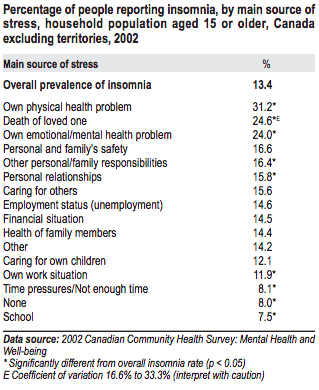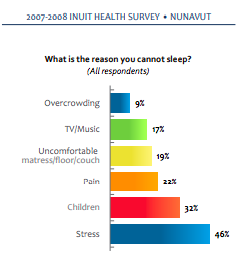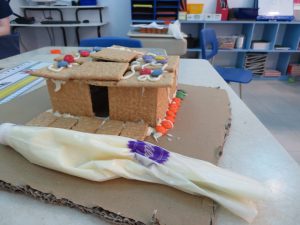A Closer Look At Sleep:
Sleep impacts alertness, mood, cognitive performance and physical health. The Canadian Sleep Society says that “each person must determine his or her own nightly sleep need. You can determine this ideal amount of sleep by simply paying attention to whether or not you feel rested in the morning and alert throughout the day”. Learn more about the Canadian Sleep Society.
In the first image below, we can see the results of a survey done in Canada that shows the main reasons why some people experience insomnia. In the second image, we can see a survey done in Nunavut that states some of the reasons why some Inuit have trouble sleeping. These statistics may be useful information when trying to find a place to start investigating as a potential cause for insomnia. Knowing what makes it difficult to sleep might help us find ways to improve our sleep.
A Closer Look at Rest:
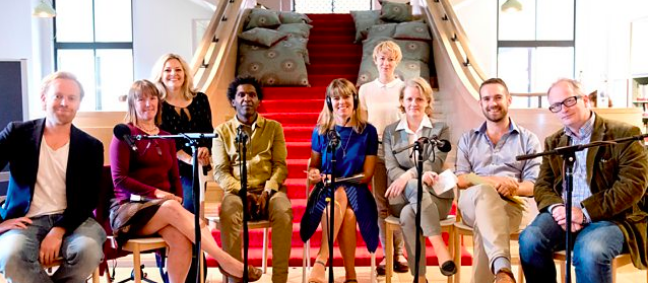
In 2016, information from the world’s largest survey on rest was featured on All in the Mind, a BBC radio show. Over 18,000 people from 134 countries completed the Rest Test. People were offered a list of words they could use to define their meaning of rest. The most common words they chose were: relaxing, peaceful/calming, comfortable, recuperative and sleep.
Survey participants were also asked to choose three activities they found most restful. According to the article, “The Rest Test: Preliminary Findings from a Large-Scale International Survey on Rest” , many of the most popular activities suggest escapism either from other people or from environments created by humans for humans (e.g., buildings, roads, cities). Escapism means a habitual diversion of the mind to purely imaginative activity or entertainment as an escape from reality or routine. You can click on this link to read The Ten Most Restful Activities, the top three are:
- reading
- being in the natural environment
- being on your own
Learn more about the Rest Test survey, and rest in general, by listening to BBC’s The Anatomy of Rest.
Have Good Sleep Hygiene
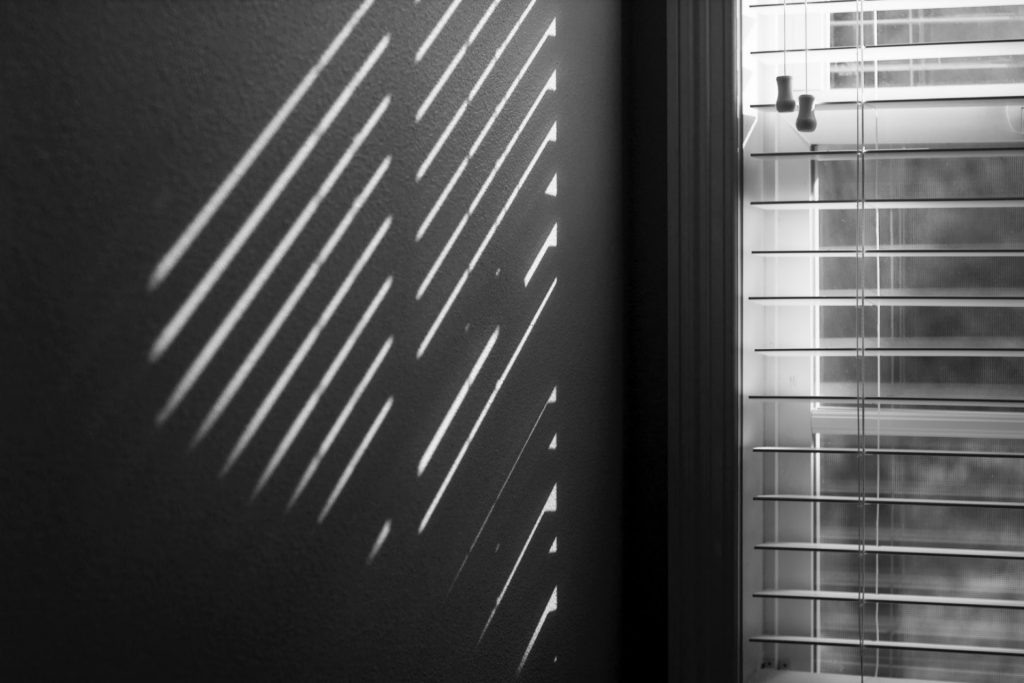
Seasonal variations in daylight can impact sleep. Blocking sunlight from coming into bedroom window may help encourage sleep in the summer.
Avoiding caffeine, alcohol and cigarettes before bed may also help encourage sleep. These substances may act as stimulants and keep you awake. Energy drinks, pops, coffees, teas and chocolates may contain caffeine. If a product contains caffeine, it’s usually listed on the label.
Manage stress and anxiety
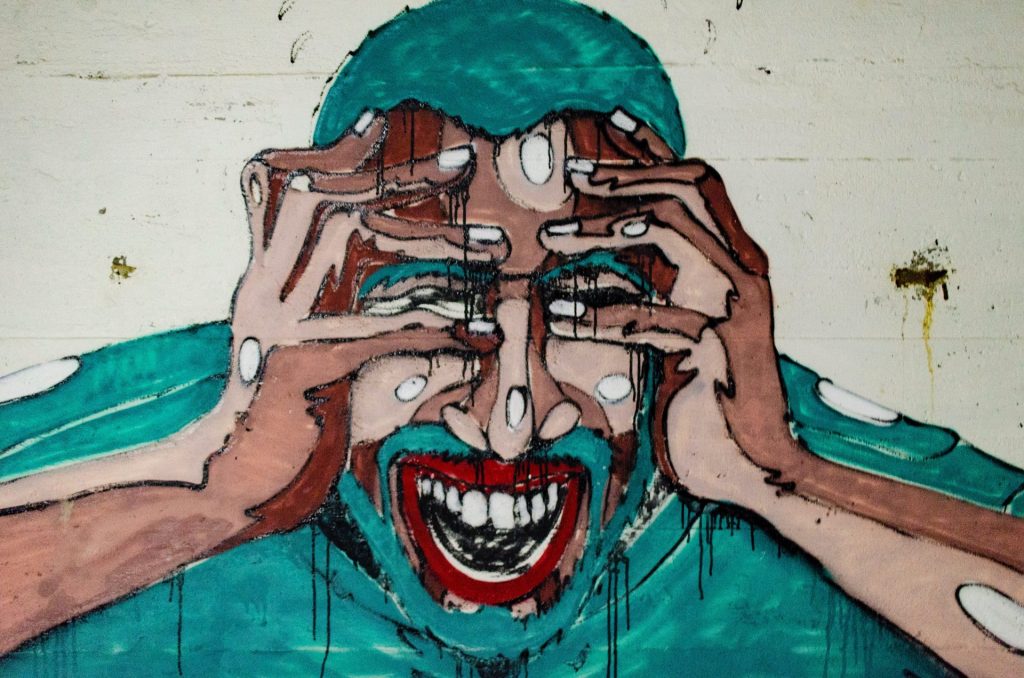
Stress and anxiety have been shown to negatively impact sleep and rest.
There is no single way to cope with stress because everyone is different. Some people reduce their stress by going on the land, spending time with family and friends, talking to others, meditation/prayer, watching TV/movies, exercising, making music or art, and/or going hunting.
Everyone has different activities that help them cope with stress; doing activities that you like may improve your sleep, rest and overall well-being.
Try Putting Away Your Devices

It can be hard to relax and rest when we are receiving calls and notifications on electronic devices. The blue light from screens can also make it harder to fall asleep.
Not looking at cell phones, computers and/or tablets directly before sleeping or resting may encourage better sleep and rest.
Breathe
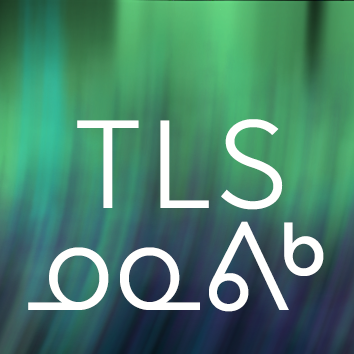
One quick way many people relax is by doing breathing exercises. Learn more about breathing exercises and stretching for relaxation on the TLS Nunavik website.
Allow yourself to stop and rest

It’s okay to relax and take our breaks. Try using your recess time as a break or going out for a walk during your lunch hour. These times are given to us to rest, don’t forget to use them!

